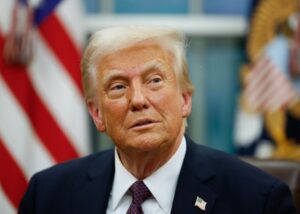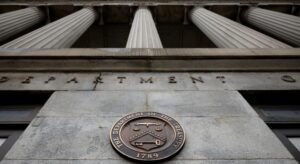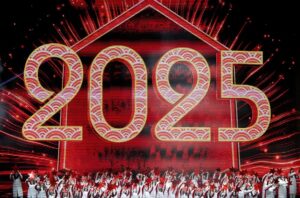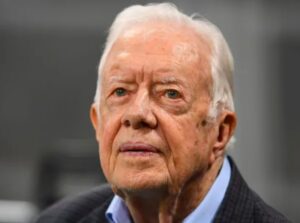
Elon Musk Criticizes H-1B Visa Program, Calls for Significant Reforms
Tech entrepreneur Elon Musk has voiced strong opinions about the United States’ H-1B visa program, labeling it as “broken” and in dire need of reform. Musk proposed increasing the minimum salary for H-1B workers and introducing an annual fee to discourage over-reliance on foreign talent.
“The program can be easily fixed by significantly raising the minimum salary and adding a yearly cost for maintaining H-1B visas,” Musk stated. “This would make hiring overseas talent more expensive than domestic workers.”

H-1B visas are temporary permits designed for highly skilled professionals in specialized fields like technology, medicine, education, law, and the arts. While the program is particularly popular in the tech industry, it also plays a vital role across other sectors.
Division Within the Trump Administration
Musk’s comments come amidst growing debates on immigration policies for skilled workers, sparked further by former President Donald Trump’s appointment of venture capitalist Sriram Krishnan as a senior AI policy advisor. Krishnan, a proponent of easing immigration restrictions for skilled workers, has faced criticism from far-right activists, including Laura Loomer, who described the move as “deeply concerning.”
Meanwhile, conservative commentator Mike Cernovich accused tech companies of exploiting the visa system to displace American workers, echoing sentiments shared by other critics of the program. However, businessman Vivek Ramaswamy defended the need for skilled immigration, arguing that it helps foster a culture of excellence in the United States.
A System Under Strain
Each year, the US grants 65,000 H-1B visas, with an additional 20,000 reserved for workers holding advanced degrees from American universities. In 2023, over 700,000 individuals were working under H-1B visas, underscoring the program’s significant role in the US labor market.
Musk’s remarks have reignited discussions on balancing the demand for skilled labor with protecting domestic job opportunities, a debate that continues to divide both the political and tech communities.





